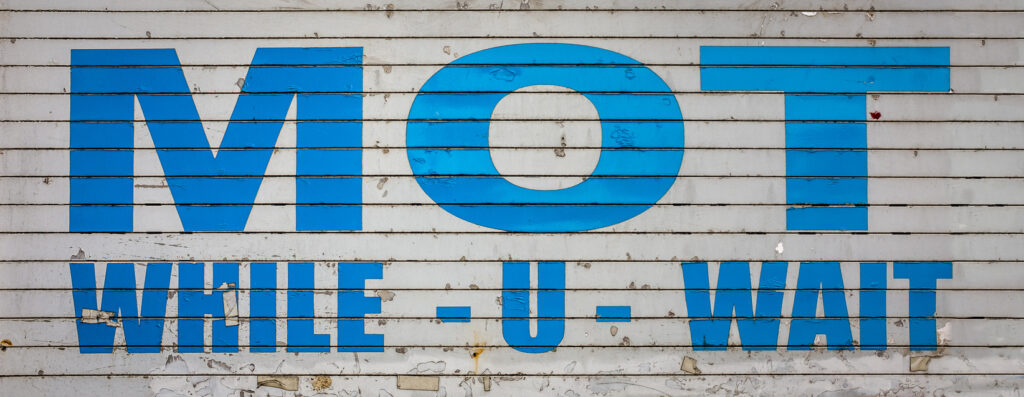Caring for Classics, Products, Service
Why MOT exempt status is hurting our historic fleet.
Every year we see over 250 classic cars through the service workshop. The mix of makes and models cover 95% of the UK classic car fleet, from obscure Armstrong Sidleys through to Eastern Bloc Volgas. Every car is brought in by an enthusiastic owner who absolutely loves it, whether it be an Aston or an Austin.
However, when it comes to safety related issues, such as brakes, steering components or structural rust, these same enthusiastic owners are very quick to short cut basic repairs on the basis that ‘old cars don’t need an MOT’ and ‘I only do a couple of thousand miles in it a year’.
Why Historic Cars are MOT Exempt
When MOT exempt status for Historic Vehicles was being debated in Parliament, the argument was that we, as enthusiastic, knowledgeable owners, knew the condition of our vehicles and that we could be trusted to maintain them accordingly. At the time, I thought this was the biggest load of rubbish ever spouted!
You see, in 2012 I already had a lot of experience with historic vehicles that did not need an annual safety check. I was buying cars from Ireland and America which have long had MOT exemption and although the cars looked good, they were all too often mechanical worn out or rotten in areas not easily seen without a ramp. In stark contrast cars sourced from Germany, France and even the UK, were in much finer fettle.
Not all Historic Cars are MOT Exempt
It is worth knowing that MOT exempt status is not just based on age alone. If your vehicle has been ‘significantly modified’ then you are still required to keep it MOT’d. This doesn’t just apply to Kit Cars. It also applies to cars with, for example, a modern gearbox conversion. So if your 1958 XK150 comes in for 5 speed gearbox conversion, you will need to start MOTing it again.
Another wrinkle in the legislation is that you, the owner, are responsible for keeping your car in roadworthy condition. Now there haven’t been any test cases through the courts, but what we know about the law is that ignorance is no defence and that a paper trail is key to proving you did everything you could to make sure your car was in good condition before an accident. How can you prove either of these without a roadworthiness certificate?
One absolute truth is that cars, even those that are well stored, degrade with, or without use. Just because your car was roadworthy last year, doesn’t mean it still is! It is also very difficult to check mechanical components, braking efficiency and the darker recesses of the chassis without a lift and the correct equipment.
MOT’s aren’t perfect
Now the MOT system is not perfect. Modern TTL or ‘one man ramps’ shake the suspension on tremor plates and can damage components. The brake tester rollers can also be brutal, especially on light cars, so what should we be looking out for from our MOT tester?
- Take your classic to a small independent garage, rather than one of the chains like Kwik Fit or Halfords. They usually have a basic MOT ramp rather than an automated one
- Ask your MOT station if they are experienced in testing older cars
- Check on marque or club forums for recommendations
- Get a classic car garage to organise the test for you. They will know who in the local area has the knowledge to test them without damage
- If you have a small car such as a Fiat 500 then ask that the brake test is carried out with a decelerometer rather than on the brake rollers
What an MOT really does for us
Ultimately an annual MOT will give you a number of benefits, for just 50 quid and a little inconvenience.
- You know you have done everything you can to check your car is roadworthy.
- You maintain an official record of the cars mileage and condition
- You will be made aware of upcoming issues, so you can ‘nip them in the bud’ before they become big expensive problems
From years of first hand experience, we in the trade, can see that the overall mechanical and structural quality of the vast majority of MOT exempt cars is degrading. It is time we enthusiasts started to ask ourselves if MOT exemption is really a good policy?
Find out more about our Classic Car MOT and Vehicle Safety checks by visiting:

